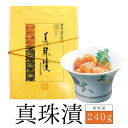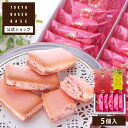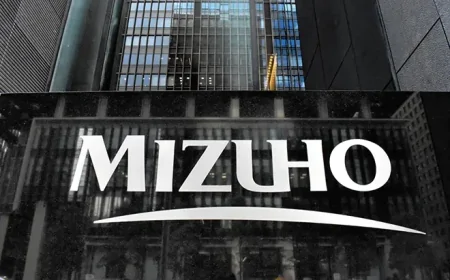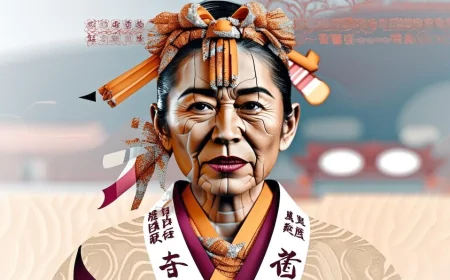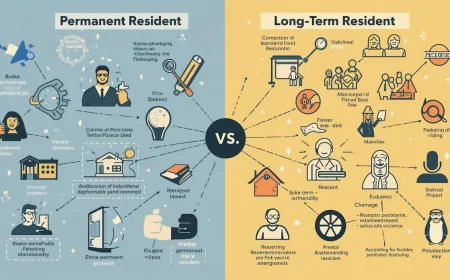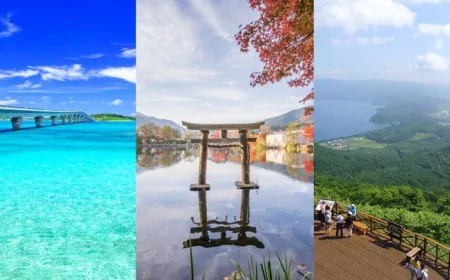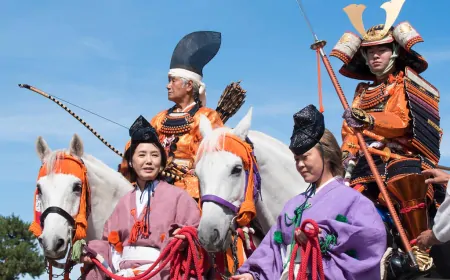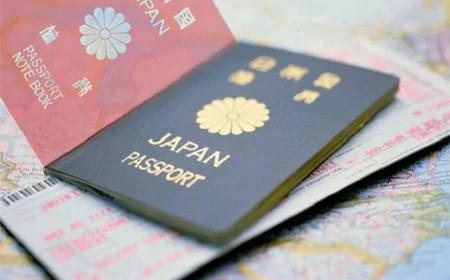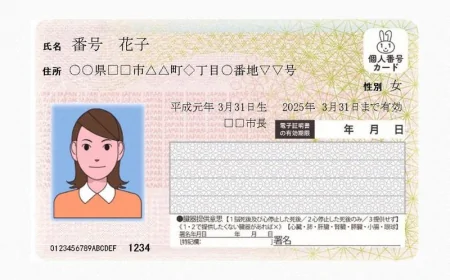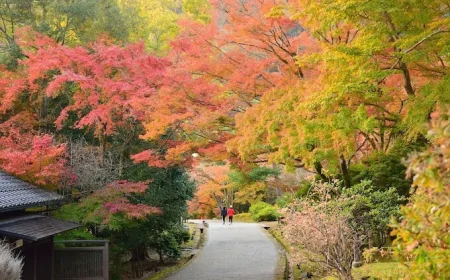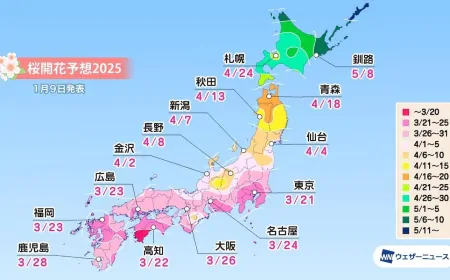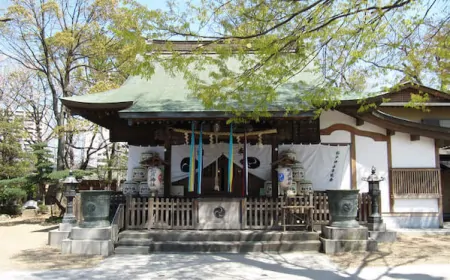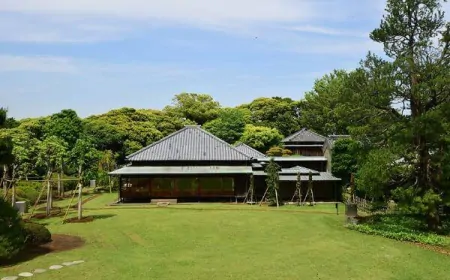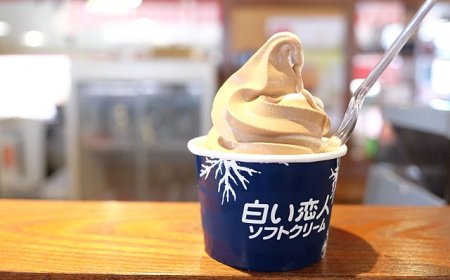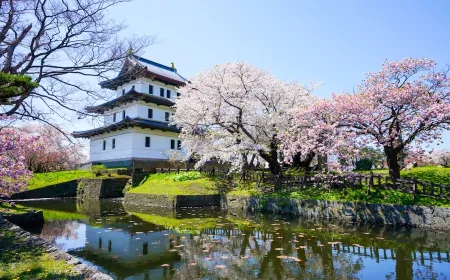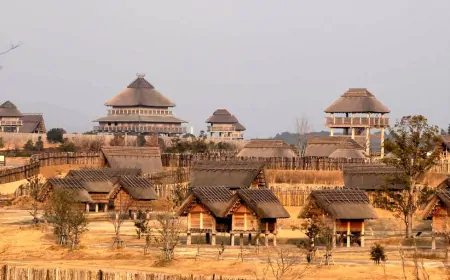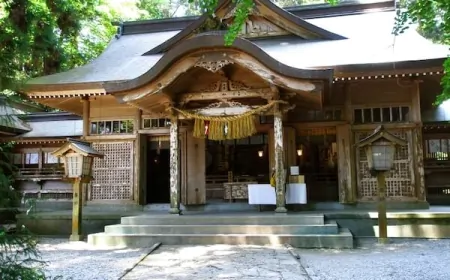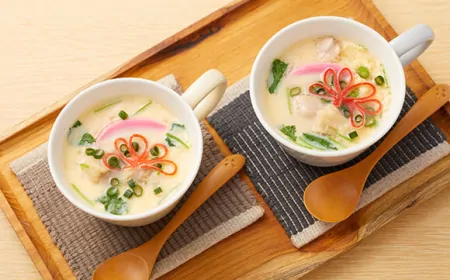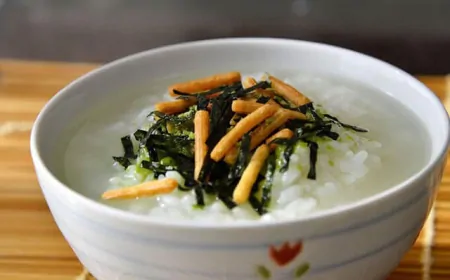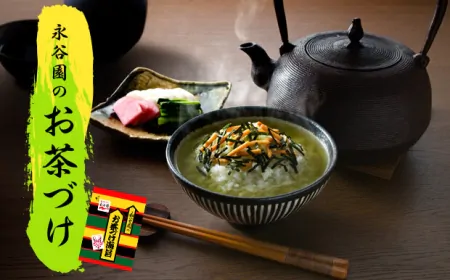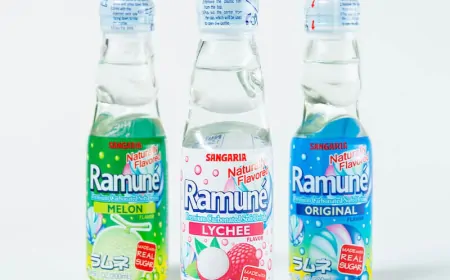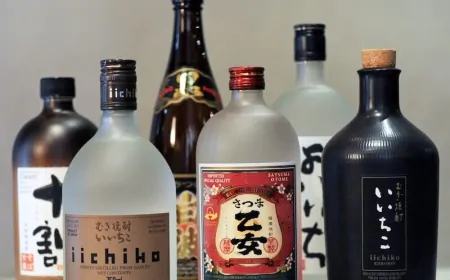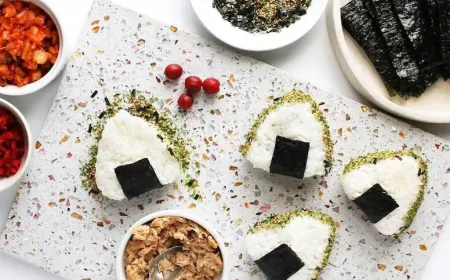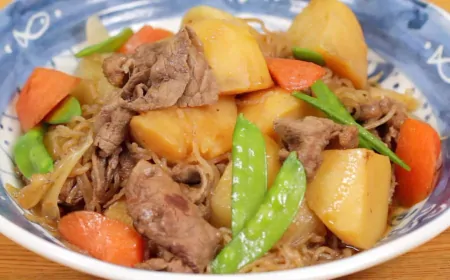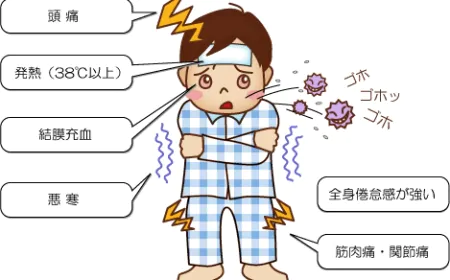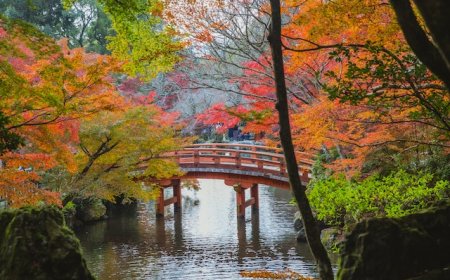Exploring Japanese Surnames
Japan, a land of ancient traditions and modern marvels, is a place where even surnames tell a captivating story.

Nestled amidst its rich cultural tapestry are over 100,000 unique family names, a staggering number when compared to its neighboring countries, China and Korea. These family names, revered for their symbolic significance, take precedence over first names and serve as the primary means of addressing individuals in Japanese society.
In the Japanese lexicon, family names are referred to as "myoji" (苗字 or 名字), "uji" (氏), or "sei" (姓). However, the concept of family names as we know them today in Japan is a relatively recent phenomenon. Prior to 1875, Japanese citizens identified themselves primarily by their clan names. The dawn of change arrived with the Meiji Restoration in 1868, a pivotal moment that ushered in profound political and social transformations. Under this new order, all Japanese citizens were mandated to register under a single family name and a personal name.
Before this significant shift, only the elite echelons of society, including nobles and samurai, possessed surnames. The common people, when required, identified themselves using the name of their place of birth, such as the name of their village.
The construction and use of Japanese family names follow a distinct protocol. In Japan, the family name is written and spoken before the first name, which is referred to as the "personal name." This practice carries deep cultural significance, as addressing someone by their first name signifies a close relationship, while using the family name conveys respect.
Japanese family names are crafted using kanji characters, which trace their origins to China. These names typically consist of one to four kanji characters, with approximately 75% comprising just two characters. Alternatively, they may be transcribed into phonetic script, using Hiragana characters, the primary syllabary of the Japanese language. On rare occasions, katakana characters, typically reserved for non-Japanese names, may be employed.
Japanese family names often possess profound meanings deeply rooted in nature or specific locales. It is a rarity for family names to double as first names, a practice quite common in Western cultures like France.
Official documents in Japan bear the imprints of individuals' identities through the use of a "hanko," an inked seal that bears their personal seal, typically written in kanji or hiragana. These seals come in various shapes, including round, square, or oval, and remain a widely accepted means of official authentication, alongside the more conventional signature.
Intriguingly, members of the Japanese imperial family do not bear family names. They simply append their first names as their signatures.
As of 2017, the top ten most common Japanese surnames unveiled a fascinating blend of tradition and meaning:
- Sato (佐藤): Meaning "to help," this name resonated with 1,928,000 individuals, constituting 1.5% of the population.
- Suzuki (鈴木): Evoking "tree bell," it claimed the allegiance of 1,707,000 people.
- Takahashi (高橋): With a significance of "high bridge," it adorned 1,416,000 individuals.
- Tanaka (田中): Representing "center of the paddy field," it found favor with 1,336,000 people.
- Watanabe (渡 辺): Meaning "to cross," it was chosen by 1,134,000 individuals.
- Ito (伊藤): Paying homage to "The Fujiwara of Ise," it held sway over 1,080,000 people.
- Yamamoto (山 本): Signifying "foot of the mountain," it was the choice of 1,077,000 individuals.
- Nakamura (中 村): Embodying "village center," it was favored by 1,059,000 people.
- Kobayashi (小林): Conjuring images of a "small forest," it was selected by 1,019,000 individuals.
- Saito (斉 藤): Combining "ritual" with an association to the Fujiwara clan, it garnered the allegiance of 980,000 individuals.
These surnames offer a fascinating glimpse into the diverse and meaningful identities woven into the fabric of Japanese society, where names are far more than mere labels; they are living echoes of culture, tradition, and history.
記事に関連する商品


